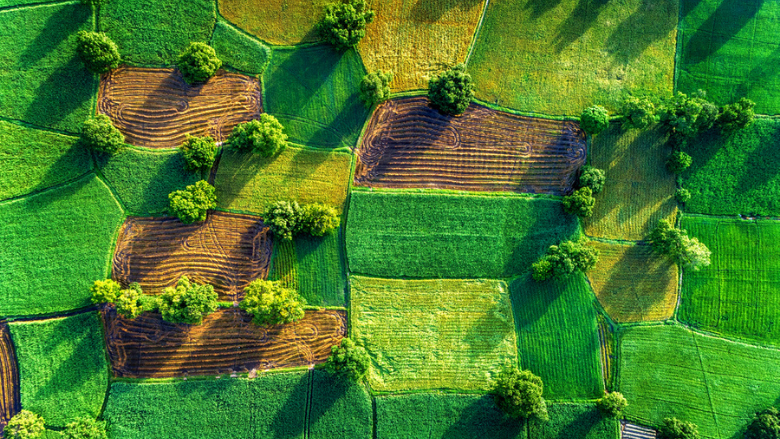Prioritizing policy actions for accelerating digital transformation of the agrifood system depends on the characteristics of a country and the levels of its agricultural and digital development.
Digital Agriculture Profiles (DAPs) seek to provide a rapid assessment of the state of agricultural and digital development in a country and identify public policy entry points to maximize the efficiency, equity, and environmental sustainability of digital transformation of the agrifood system.
The profiles assess digital development in a country, key constraints in the agri-food system and the potential of selected digital technologies to address these key constraints.
Main messages:
Argentina
[Read the report]
Argentina is an emerging regional leader in digital agriculture start-ups and innovation, driven by private sector and supported by public sector.
However, challenges still exist, such as small- and medium-scale farmers often do not have access to digital technologies or robust infrastructure; their ability to purchase hardware is often limited; and their digital literacy is low.
For large farmers, value chain fragmentation prevents them from realizing the potential of digital technologies – information flow across the chain is limited, there is a lack of interconnection among end users, there are also disparities in digital skills and technology adoption.
Among the most promising technologies for addressing existing constraints in the agri-food system are remote sensing, online platforms, blockchain and Internet of Things.
Private sector incubators, accelerators, and investment funds are needed to effectively foster digital agriculture solutions in the agri-food system.
Kenya
[Read the report]
The current set of technologies available to the Kenyan agricultural sector is broad but has not yet crossed into mainstream use. High technology costs, low digital literacy, limited infrastructure access, and a weak enabling policy environment are the primary constraints to adoption of digital agricultural solutions.
Mobile applications, database systems, blockchain, weather station technologies and financial risk assessment models and digitalized contracts are the most promising high-impact digital solutions for the challenges facing Kenyan agri-food stakeholders.
Turkey
[Read the report]
The public sector has already laid a strong foundation for digital agriculture, and additional opportunities exist in terms of creating enabling environment for promoting private sector entrepreneurship and introduction of digital solutions in agriculture.
Digital infrastructure is well established in Turkey; among the most promising technologies for addressing existing constraints in the agri-food system are smartphone applications, database technologies and advanced analytics, risk assessment models and digitalized contracts, blockchain, and the Internet of Things.
Some key barriers to adoption of digital agriculture in Turkey include low digital literacy and limited access to data to inform the development of value-added services.
Empowering start-ups, digital inclusion and strengthening capacity for data management in the country are potential avenues for maximizing positive impacts of digital transformation in the agri-food system.
Vietnam
[Read the report]
The biggest challenge existing in the Vietnam agri-food system is the fragmentation of the agricultural value chains which leads to high transaction costs and lack of information and knowledge flow across value chains.
The most promising technologies for addressing these issues include digital diaries, QR codes, online marketplaces, blockchain, cloud-based solutions, the Internet of Things and unmanned aerial vehicles.
On-farm, the expansion of mobile networks and cloud-based solutions in the short term and Internet of Things in the long term will enable farmer access to quantitatively based decision-support tools.
Some of the challenges for digital transformation of the agri-food system include low digital literacy, limited capacity for data management and inadequate access to financial services to allow investments in digital solutions.
